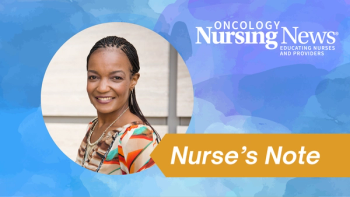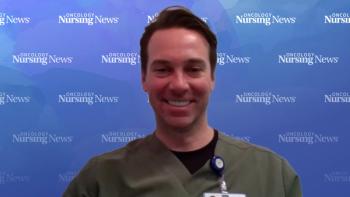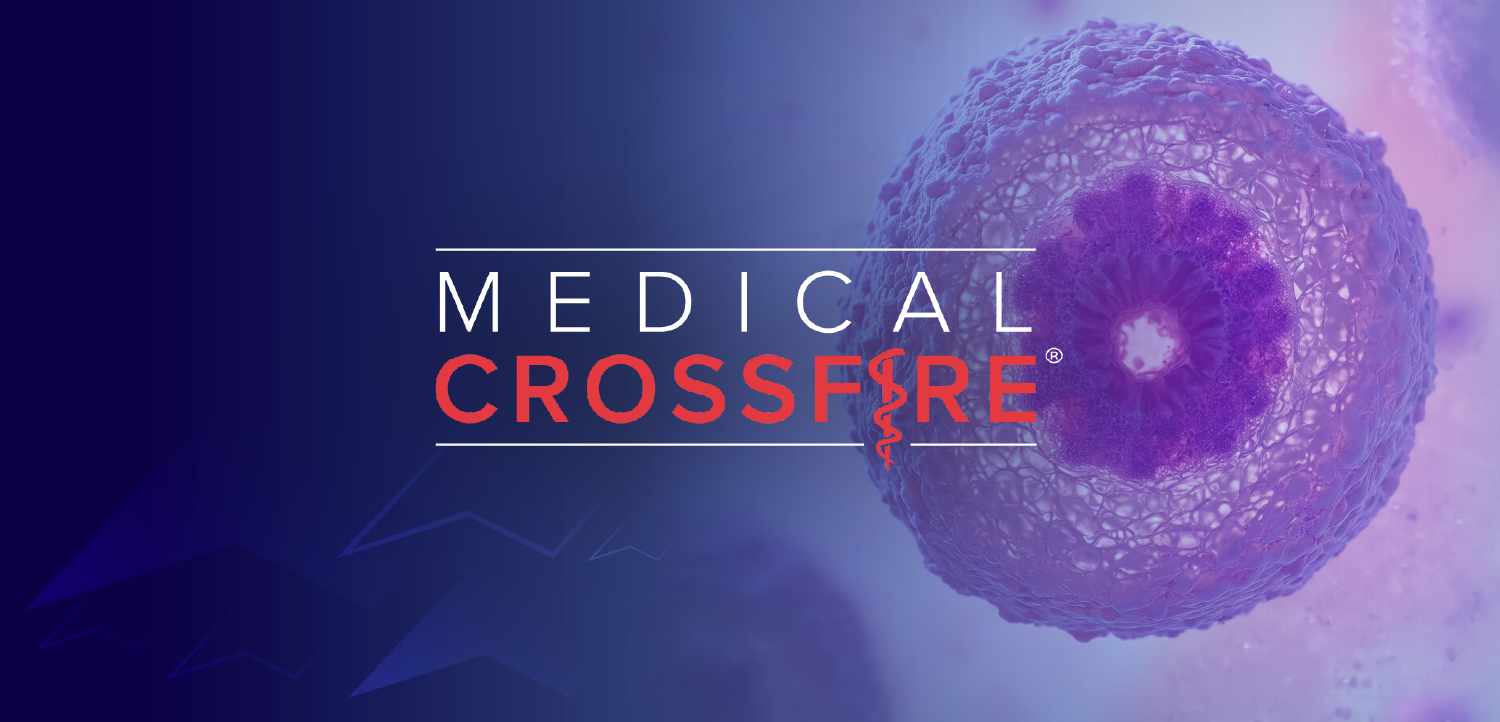
- June 2016
- Volume 10
- Issue 5
Research Wrap: Nurses Share Their Tech Ideas at ONS
Among the hundreds of studies presented at the recent 41st Annual ONS Congress were projects deploying tech solutions to address practice challenges in oncology care. Following is a sampling of some of these nurse-inspired ideas.
Breast Cancer Treatment Plans for Non-Native English Speakers
Patricia Kormanik, RN, MS, AOCNP, B-C, of UCSD Moores Cancer Center in San Diego presented findings of a pilot project using Google Translate to put the ASCO Breast Cancer Treatment Summa­ry into the native language of these traditionally underserved populations. The cancer center serves an area where many non-English residents report native languages other than Spanish. Colleagues bilingual in Tagalog, Vietnamese, and Farsi checked the translated plans for accuracy and found them to be generally easy to use, readable, and comprehen­sible. Any errors in grammar and syntax were easily corrected by the reviewers. (Abstract E-10)
One-Step Electronic Access to Patient Education Resources
Oncology nurses at University Hospitals Seidman Cancer Center (UHSCC) in Cleveland found that accessing resources for patients online was ineffi­cient, time-consuming, and frustrating and often left patients with suboptimal information. Multidisci­plinary teams were created to streamline the process and identify appropriate, tumor-specific patient education materials, along with developing a system for electronic chemotherapy drug regimen infor­mation packets. Disease-specific shortlinks direct nurses to e-folders on the UHSCC intranet. Content is reviewed using health literacy best practices, key points are circled or otherwise highlighted for patients, and teach-back methods are used to confirm understanding. Materials in the folders also link back to the original documents to ensure patients receive the most current information. (Abstract E-47)
Personalizing Care Through a Telegenetics Program
A team of nurses at the New Mexico VA Health Care System (NMVAHCS) in Albuquerque wanted to im-prove prevention and personalized care at the hos­pital by focusing on hereditary cancer risk, but their system lacked the professionally trained genetic counselors needed to support primary care physi­cians who may lack specialized knowledge of genetic testing and how to interpret the results. To address this gap, NMVAHCS is working with the Veterans Affairs Genomic Medicine Service, based in Salt Lake City, Utah, to set up a telehealth service whereby con­sultations are built into the patients’ computerized patient records, and staff members are trained on coordinating virtual appointments. The program was piloted initially with breast cancer risk evaluation (BRCA1/2). In the first week, 5 veterans were identi­fied to receive the breast risk consults, empowering them with information to evaluate their risk-reducing options. The researchers concluded that collaborating with a proven VA genetics program saved money and “provided veterans with personalized, proactive therapeutic options.” (Abstract 67)
Are you using a tech tool in your practice that you find especially useful? Send an email to Oncology Nursing News (lgreen2@onclive.com). We’d love to hear more about it, showcase it on our website, and share the resource with your peers in oncology nursing.
_______________________________________________________________________
2016 Oncology Nursing Society Annual Congress: Podium, e-poster, and poster session abstracts. Oncol Nurs Forum. 2016;43(2):1-139.
Articles in this issue
over 9 years ago
Tech Takeover: New Tools and Resources to Improve Cancer Careover 9 years ago
The Power of a Good Ideaover 9 years ago
Navigating "VIP" Patients With Cancerover 9 years ago
High-Tech, High-Touch Cancer CareNewsletter
Knowledge is power. Don’t miss the most recent breakthroughs in cancer care.
















































































